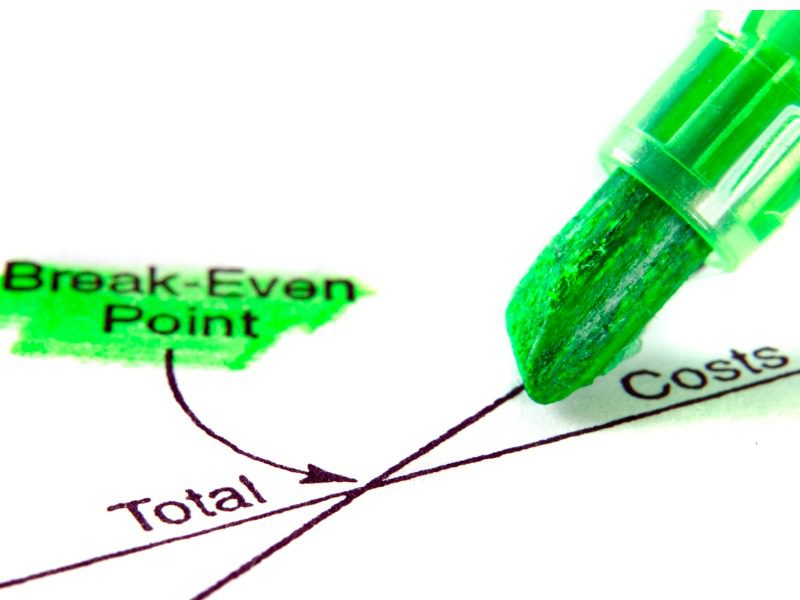When Sonnet might break-even

Going forward, actions to improve return on equity (ROE) will take centre stage for Definity Financial, president and CEO Rowan Saunders tells a Sept. 26 fireside during CIBC’s eastern institutional investor conference.
Since becoming a public company in late 2021, he notes, Definity’s invested in technology modernization and looked at ways to optimize balance sheets, including some reshaping of the portfolio.
“Where do we go next? On the operating ROE, the thing we look at first is that there’s just normal business practices that are improving our returns,” he says.
As part of that, the company plans to grow certain parts of the portfolio at a faster rate than the others.
“Our three main lines of business are automobile, personal property and commercial. Automobile is the only one that’s regulated, so we’ve been growing that at a rate slower than, for example, commercial. Commercial is higher margin, more profit, so the mix is shifting,” says Saunders.
To that point, he adds later in the discussion: “We started off a few years ago with 55% of the business in personal automobile. We’ve now got that to 42% and I see that going into the high 30s in the next several years.”
Digital investments
Definity has invested in vertical integration and the broker distribution channel, including its digital direct insurance company Sonnet, which has yet to break-even.
Saunders describes Sonnet as a highly strategic and market-leading digital direct insurance company, “but it takes time to scale up. It takes time to get to break-even, and it’s been a couple of points of drag on the ROE, and we’re guiding the market to, this will get to break-even at the end of the year.”
“And whilst break-even doesn’t sound…that exciting, at least it prevents the drag that we’ve been having,” he adds. “And we think over time, the next few years, that’ll start being more accretive.”
The firm will also focus on expenses, now that digital tools development has begun contributing to productivity, as well as claims transformation.
“When we thought about transforming Economical, the mutual, to Definity, the public company, we really started at the front end. We saw ourselves as the growth story,” he says during the fireside. “So, we built new business units, we built the digital tools to grow the business, and now we’re transforming the claims.
“Those are the kind of levers that give us confidence we’re on the path to improving the ROE.”
Related: Definity’s preferred M&A targets
Saunders notes the past 10-to-20 years has seen a gradual but consistent shift to customers leaving the intermediated channel for the direct channel.
“More and more Canadians are going to want to buy the insurance digitally,” he says. “In all transparency. It’s been very difficult to do. When you think about how you do that, there’s the technology you’ve got to build, there’s the brand you’ve got to build, but then there’s the underwriting, avoiding anti-selection, managing a tool that could be more fully used.
“We’re now at the position where the loss ratio is around where we would like it to be, but we’re still subscale, and that expense ratio, which is such a scalable platform that just mathematically will come down with growth, with a differentiator.”
Feature image by iStock/wakila



